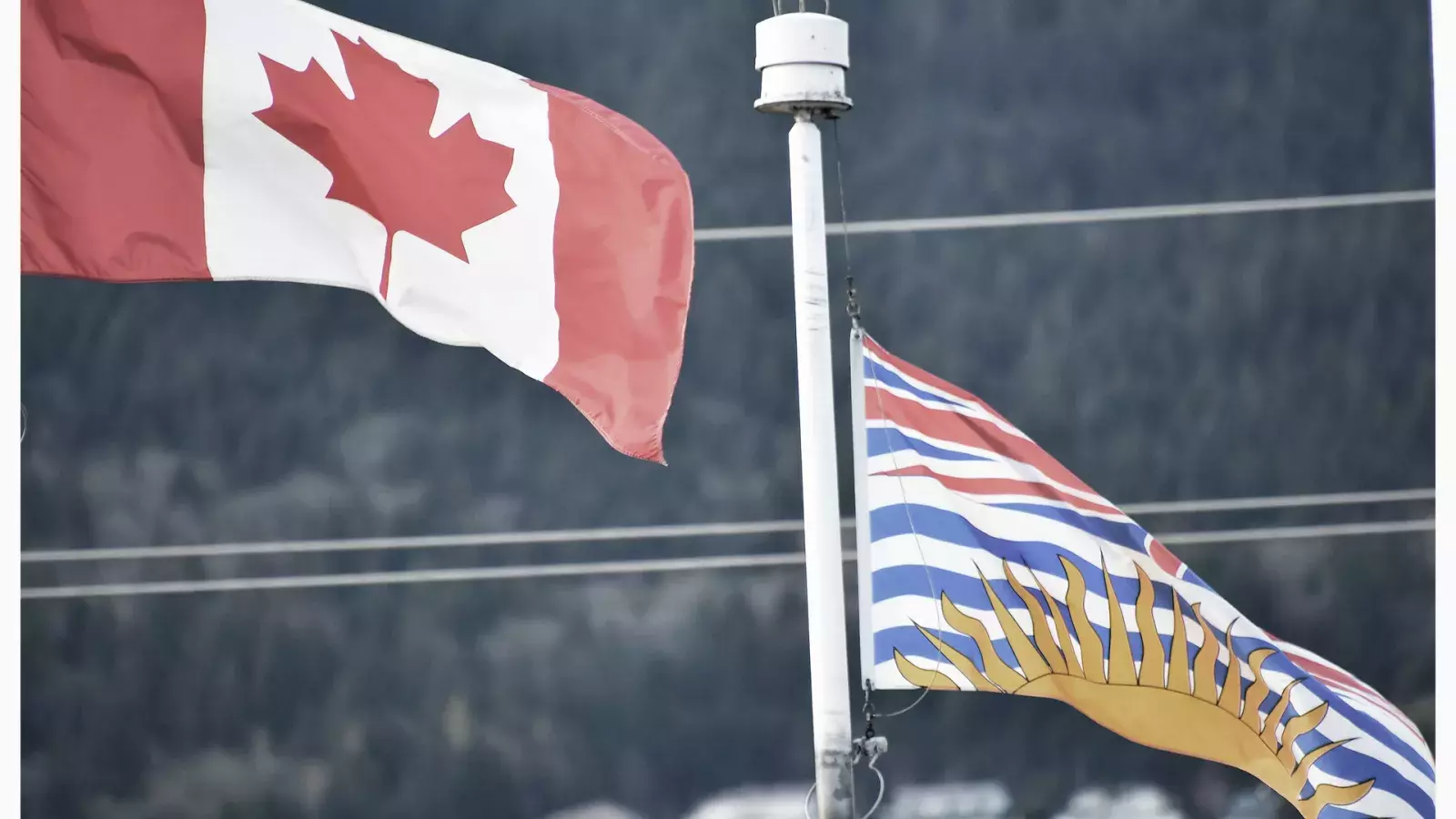Housing continues to be a hot-button issue as we approach the BC provincial election on October 19, 2024. Earlier this year, as the housing market continued to reel from a one-two punch of quantitative tightening and roaring inflation, policies at all levels of government were enacted in an effort to adjust market dynamics, influence housing affordability, and control speculative activities.
As we move into election season, let’s take a closer look at these policies, the current political landscape, and how each party’s platform could impact the market moving forward.
The Provincial Government Attempts to Tackle the Housing Crisis
This past year, Premier David Eby and his NDP government enacted a number of measures in an attempt to address housing affordability, encourage long-term rental availability, and create more diverse housing options.
- The BC Home Flipping Tax was introduced to curb speculative flipping, imposing a 20% tax on homes sold within a year of purchase, with a prorated tax applied for sales within two years.
- Legislation restricted short-term rentals to principal residences and either a secondary suite or an accessory dwelling unit.
- The Homes for People Action Plan, introduced in 2023, kicked into high gear to speed up construction primarily in small-scale multi-unit housing. A cornerstone of the provincial government’s mandate to alleviate the housing crisis, the plan addresses outdated zoning rules and establishes standards and requirements for municipal governments to proactively plan for housing needs.
While the policies were generally seen as a positive step towards tackling the housing crisis, each was met with a level of criticism, primarily around long-term feasibility, efficacy and potential unintended impacts on the economy. Additional housing legislation at the federal and municipal levels, along with overall economic instability and rising inflation, only added to the uncertainty.
BC United Collapses, Limiting Voter Choice
Rebranded from the former BC Liberal Party, BC United officially launched in 2023 and positioned itself as a moderate option for voters, aiming to strike a balance between the NDP and BC Conservative Party.
Key to BC United’s platform was the promise of reduced government intervention in the housing market, market-driven approaches to support new development, and a focus on middle-income housing. They argued that the NDP's approach of increasing social housing and imposing new taxes was ineffective and discouraged investment in the housing sector, and that the BC Conservative’s approach lacked a focus on inclusivity and socially progressive policies.
Ultimately, BC United failed to effectively straddle the political spectrum, losing the support of voters seeking more aggressive action on social issues to the NDP, and failing to capture the trust of those seeking a purer conservative alternative. With a loss in the coming election all but assured, BC United leader Kevin Falcon pulled up the stakes and suspended the party at the end of August, leaving voters with three primary choices: NDP, Conservative, or Green, plus the most independent and unaffiliated candidates in recent memory at 54.
NDP, Conservative or Green: Highlights from Each Party's Housing Platform
The upcoming provincial election is poised to have a profound impact on the real estate market, shaping its future in significant ways. The housing crisis is amongst the most important issues facing voters, with real and lasting consequences for buyers, sellers, and renters alike. The top three highlights from each party’s housing platform include:
BC NDP:
- Financing 40% of the purchase price for first-time homebuyers, repaid when the home is sold or after 25 years
- Investing in affordable and social housing in collaboration with nonprofits, municipal governments and Indigenous communities to build more units
- Supporting taxes on speculation, vacancy, and foreign buyers
BC Conservative:
- Exempting up to $3,000 per month in housing costs from provincial income taxes for both owners and renters, beginning in 2026
- Removing taxes and policies including the BC Energy Step Code and Net Zero mandate
- Streamlining building regulations to speed up the housing development process and boost housing supply
BC Green:
- Investing in affordable, energy-efficient housing, prioritizing community-based housing and increasing rental supply through public & nonprofit partnerships
- Reforming zoning laws to allow for greater density and add more “missing middle” housing, cooperatives and tiny homes
- Introducing a renters’ housing grant to support low- to middle-income earners who pay more than 30% of their income to rent
As the election draws near, the real estate market stands at a crossroads. For buyers, policies such as the NDP's first-time homebuyer financing or the BC Conservatives' tax exemptions may provide much-needed financial relief, while sellers could see shifting market dynamics depending on how speculation taxes or development regulations evolve.
Ultimately, the policies introduced in the aftermath of this election will shape the housing landscape for years to come, influencing affordability, availability, and the overall direction of the market. The choices made at the polls will ripple through the sector, making a lasting impact on all stakeholders in the industry.
